Fifty-six races. That’s all it has taken for Phil Hanson to reach his first motorsport summit. The Berkshire lad was a relative latecomer to karting and graduated straight to racing sports cars five years ago.
Still only 21, he’s already a veteran of four Le Mans 24 Hours and, in the strange intensity of the 2020 season, became an LMP2 class winner in the great race, in a year when the United Autosports team he drives for completed the triple by winning not only the World Endurance Championship in the deeply competitive secondary prototype division but also the European Le Mans Series (ELMS).
A champion in two series and a winner at Le Mans: it has been quite a rise for Hanson, even if he remains firmly under the radar of the wider world.
Yorkshire-based United Autosports, co-owned by McLaren Formula 1 boss Zak Brown and experienced racer Richard Dean, was on a roll in its first full season in the WEC before the pandemic made motorsport grind to a juddering halt last spring. But once the first lockdown was lifted in July, the team picked up from where it had left off.
In the eight endurance races Hanson subsequently started in that dual campaign across the WEC and ELMS, he and his co-drivers won five times. Sir Lewis Hamilton had a stunningly successful record-breaking 2020 in Formula 1 and Toyota’s Mike Conway became a World Endurance Champion in the premier LMP1 class, but Hanson wasn’t far behind in the relative terms of British drivers making an impact on a global stage. He deserves to be better known – which he will be, if his career momentum continues at its current rate.
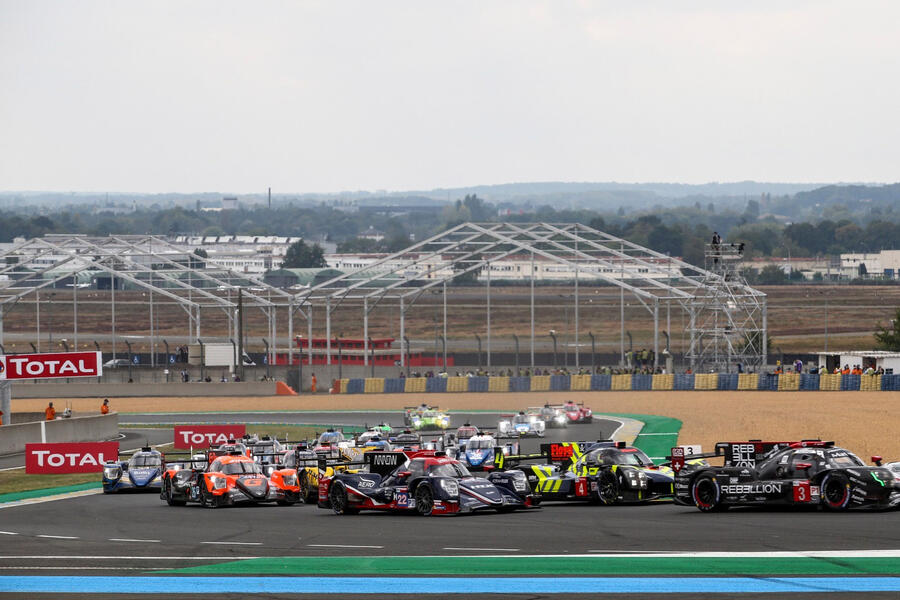
“The break in racing made us hungry,” says Hanson, “and once we could go racing, we were flat out to the end of the year. Preparation and hard work was key. It was our first year with the Oreca chassis [having switched from the less competitive Ligier], so in many ways we had been handicapped before and now our full potential was unleashed.
“We felt it was a long time coming. The work behind the scenes during quarantine, by the team, engineers and drivers, was as good as anyone’s, and that’s why we shocked a lot of people.”
Le Mans was delayed from its traditional June date to run behind closed doors in September. But even without a quarter of a million people watching Hanson, that victory was always going to be the one that counted the most – although he’s torn between choosing what was better: a single race win or a season-long title achievement.
“You start off at the beginning of the year and ask yourself what would you rather win: the WEC or Le Mans. We didn’t think we would do both,” he says. “Le Mans is the biggest race of the year, and a lot of people say it counts more than a world championship, but it’s difficult for me to pinpoint.

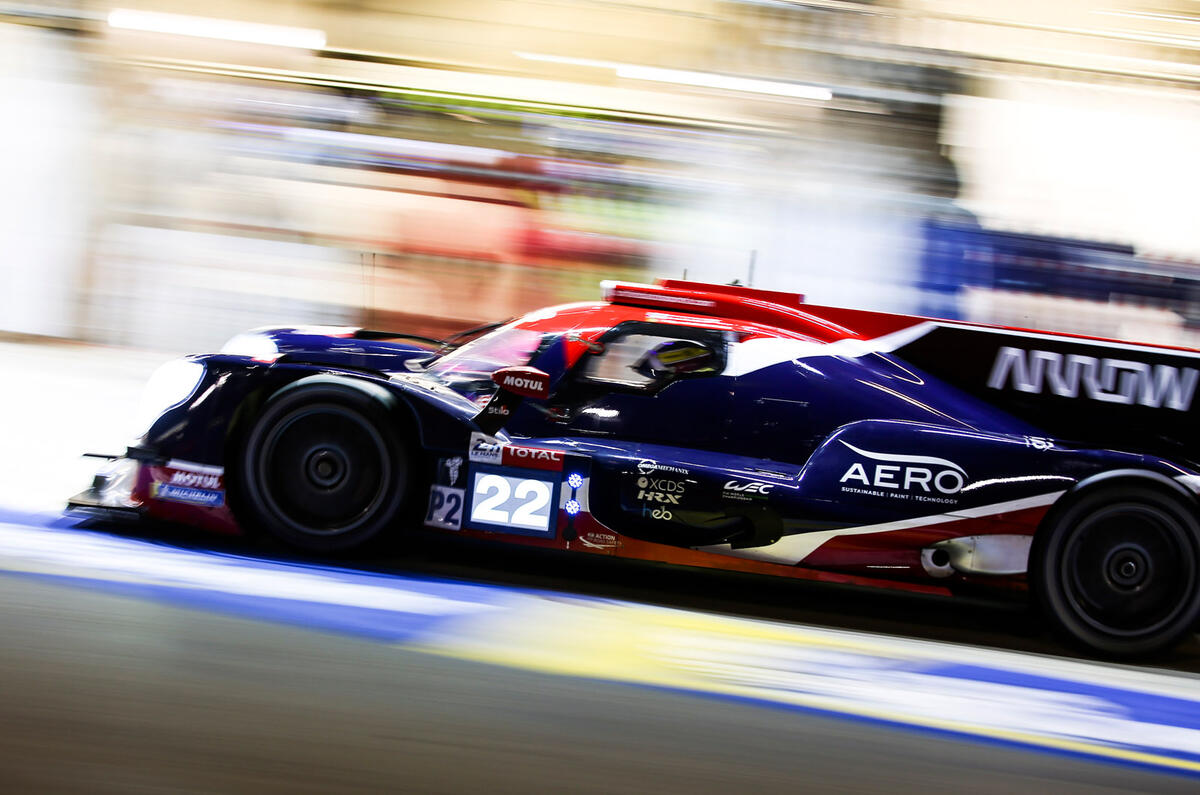
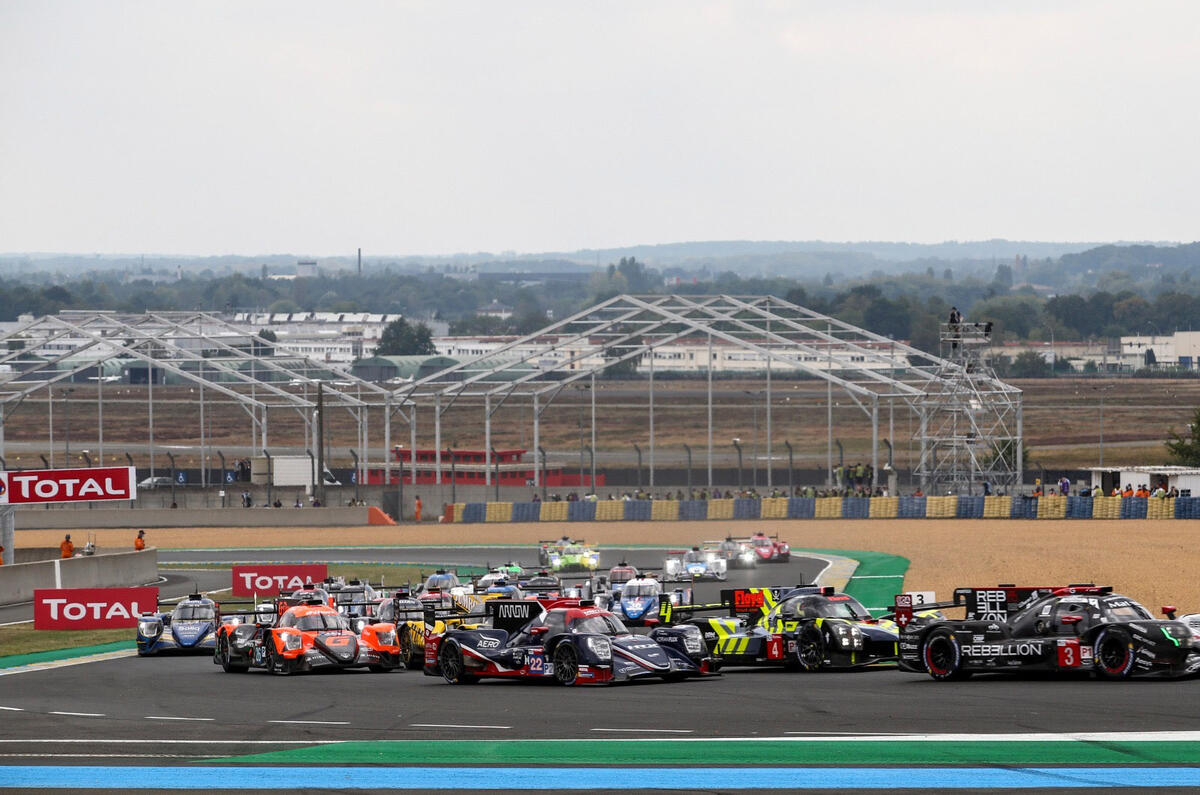
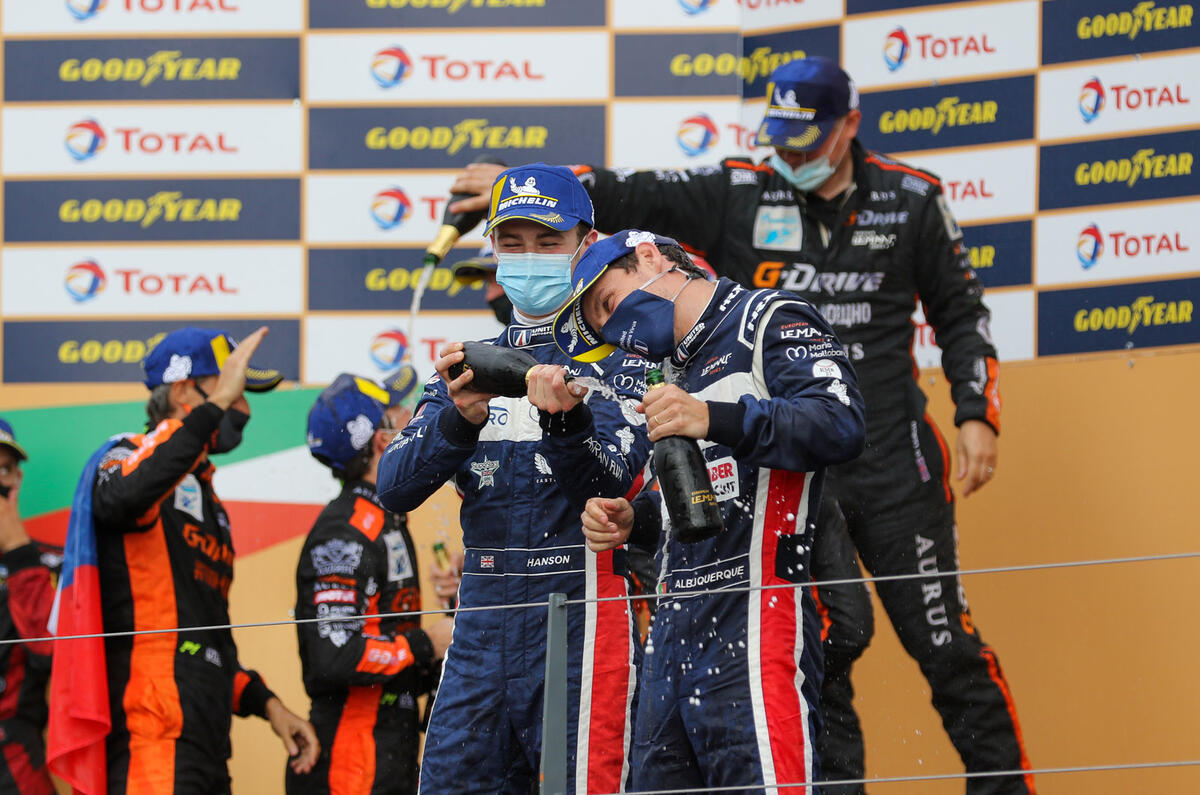
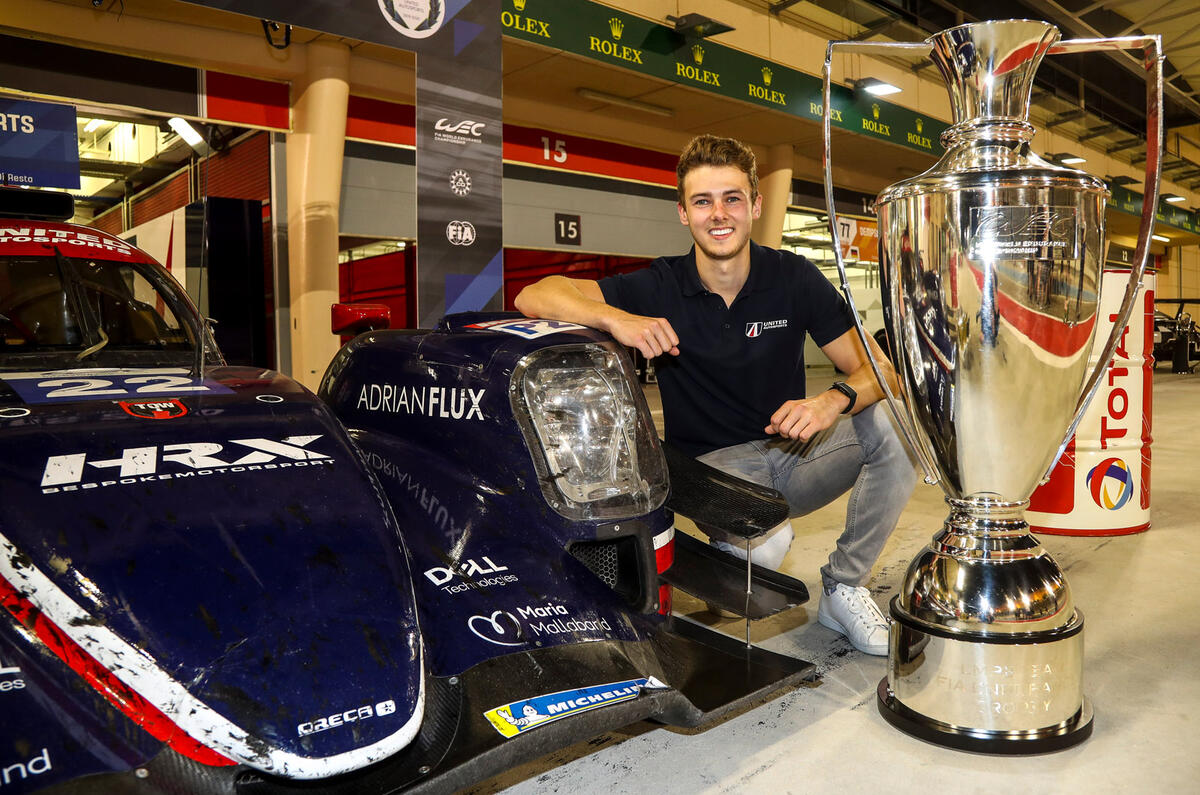
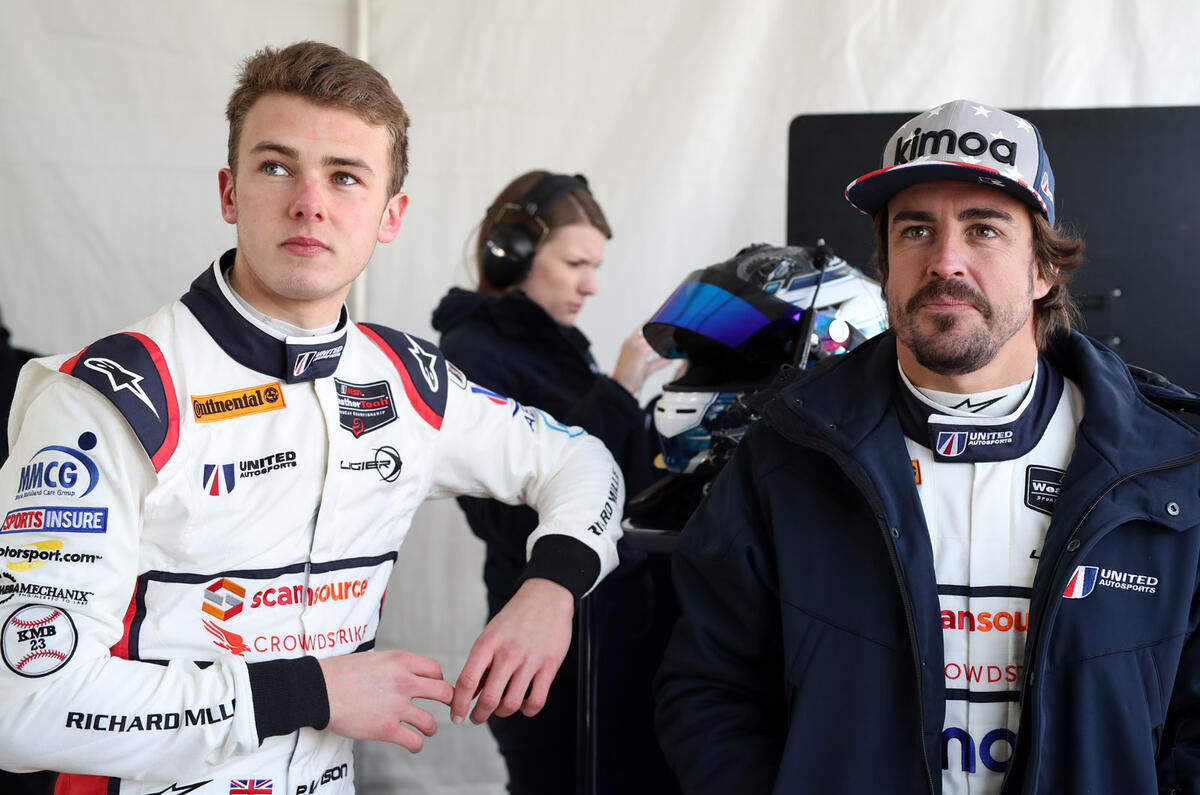
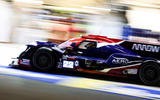
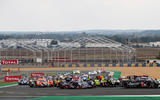
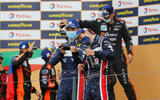



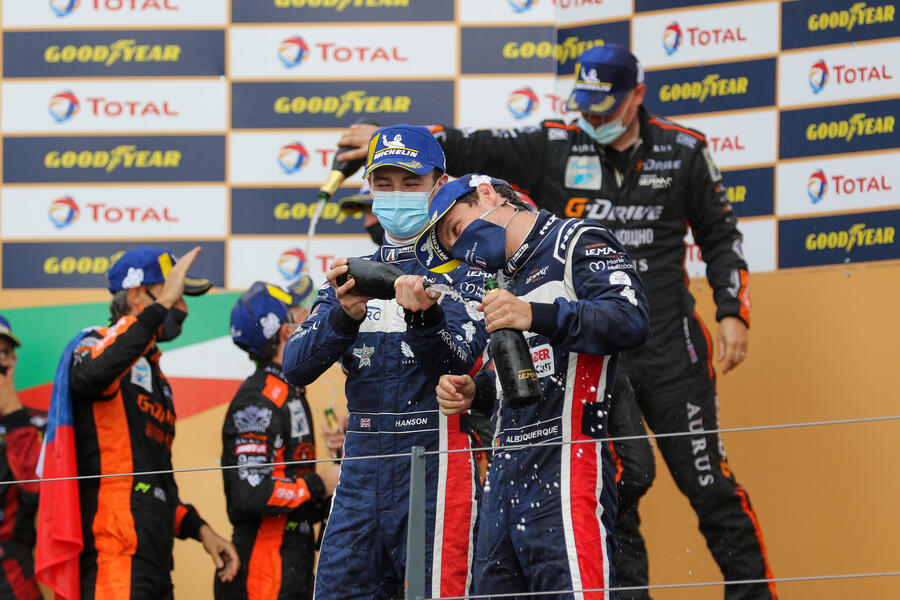

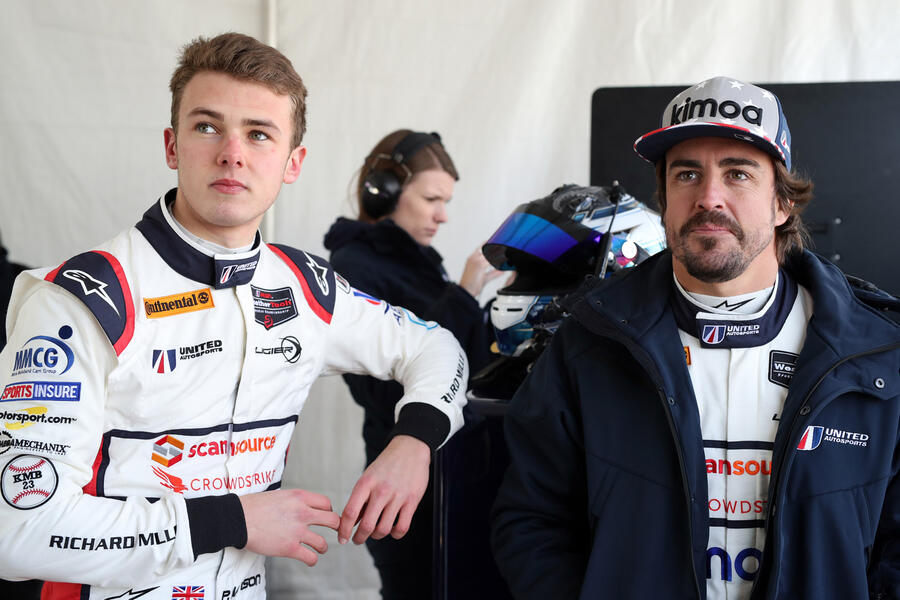

Add your comment